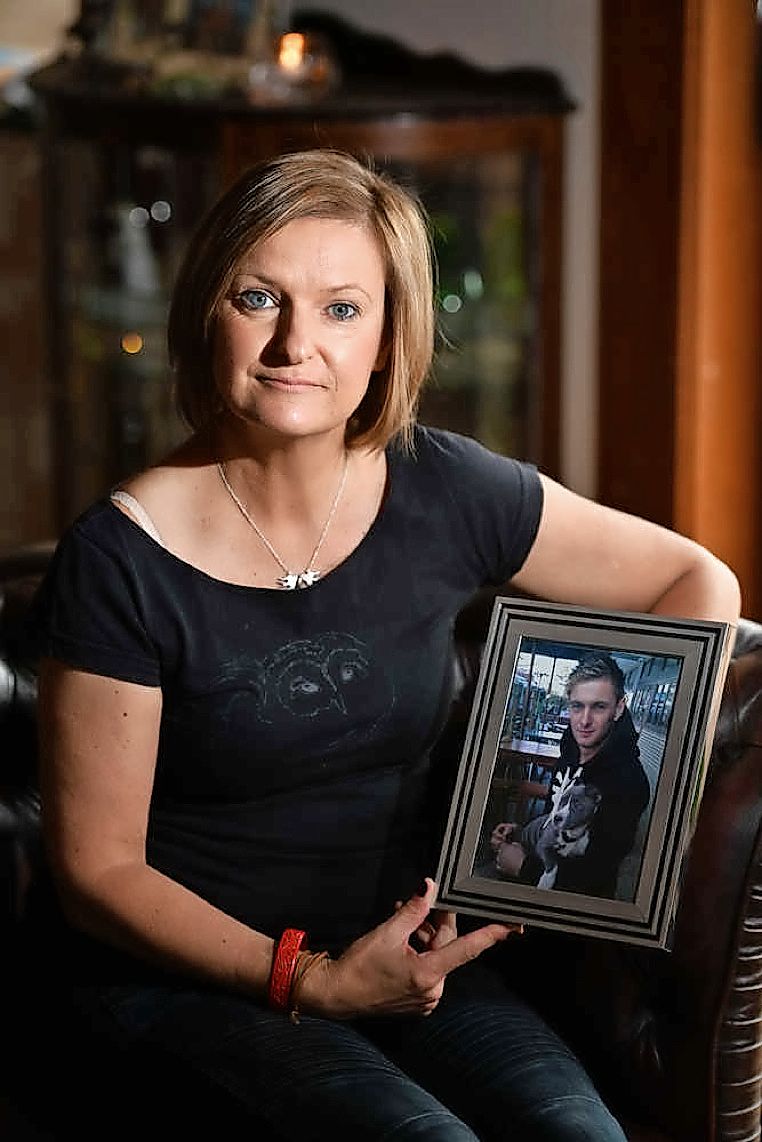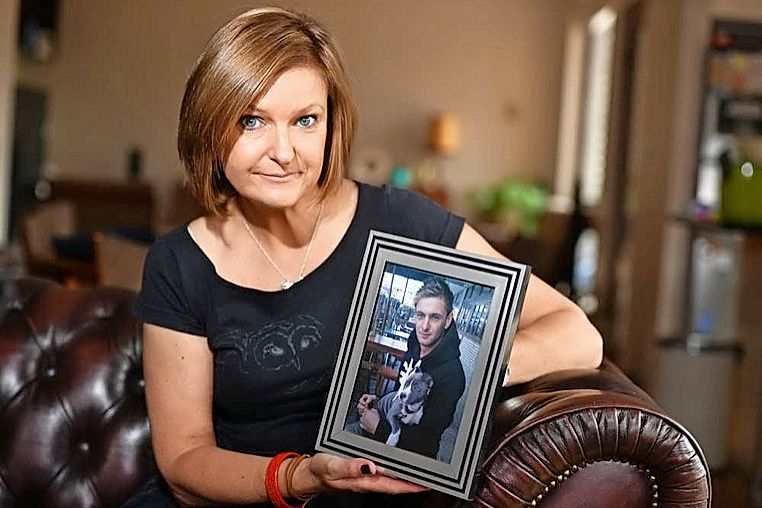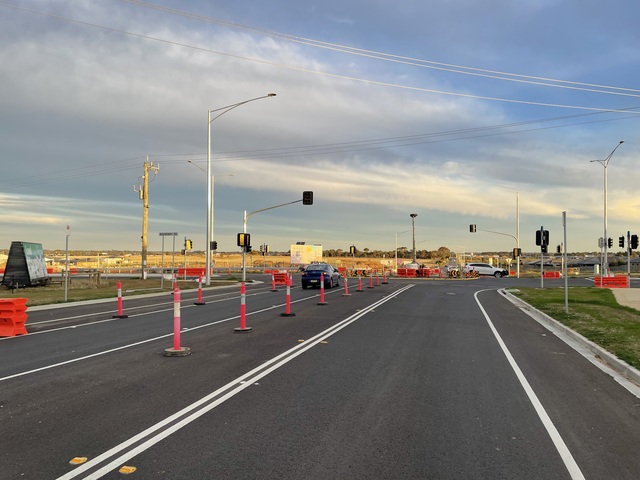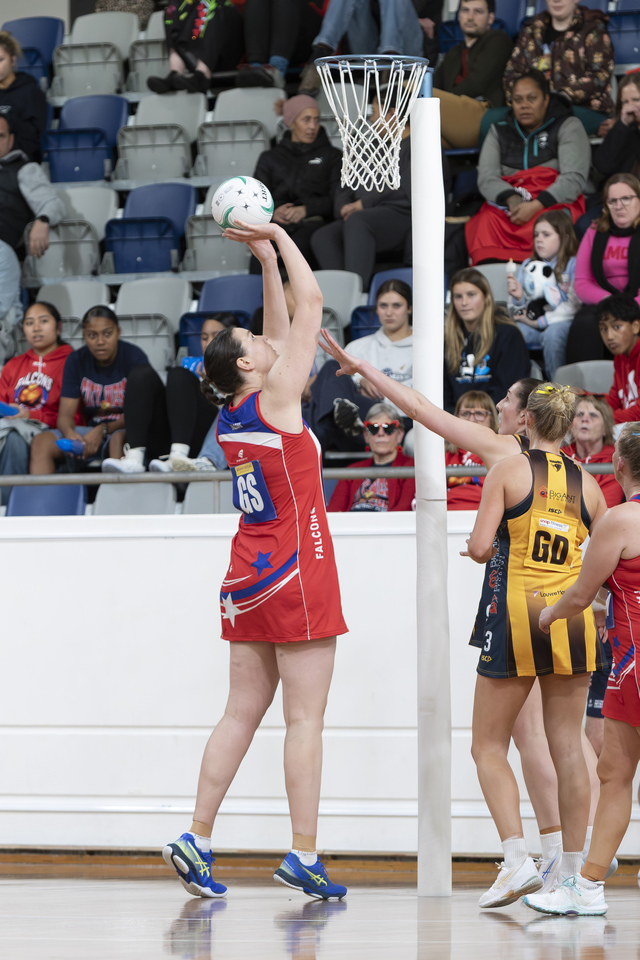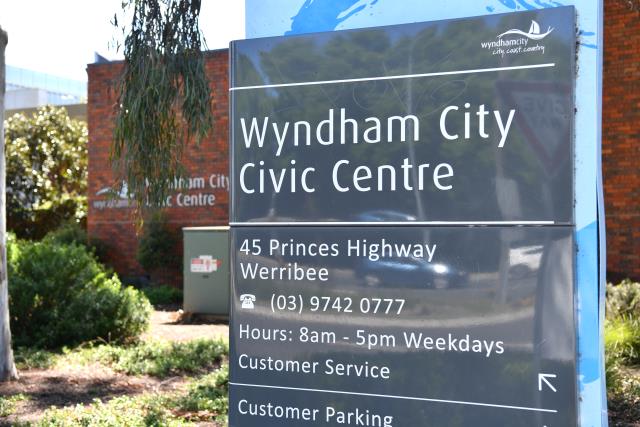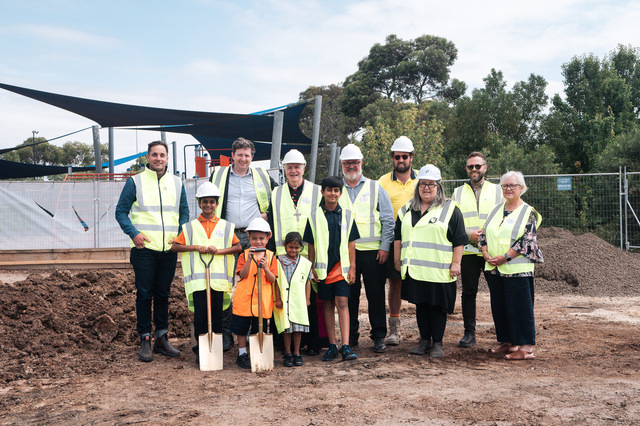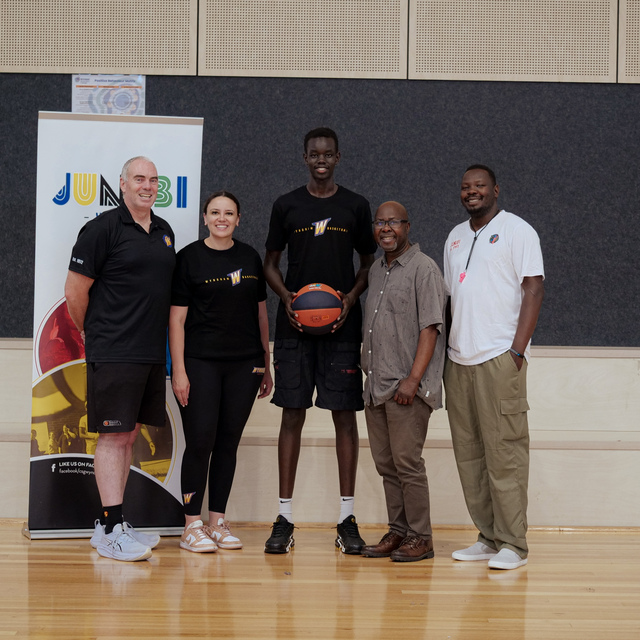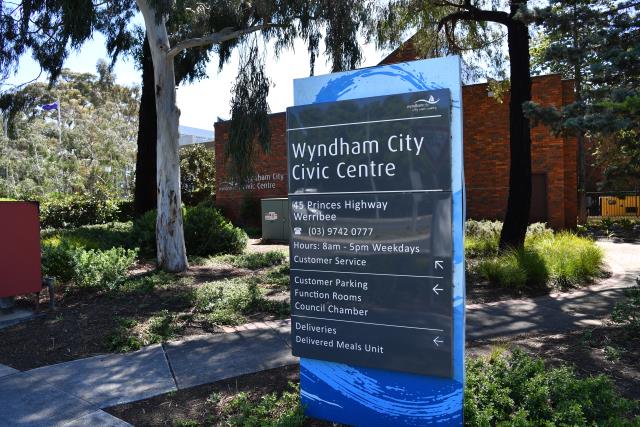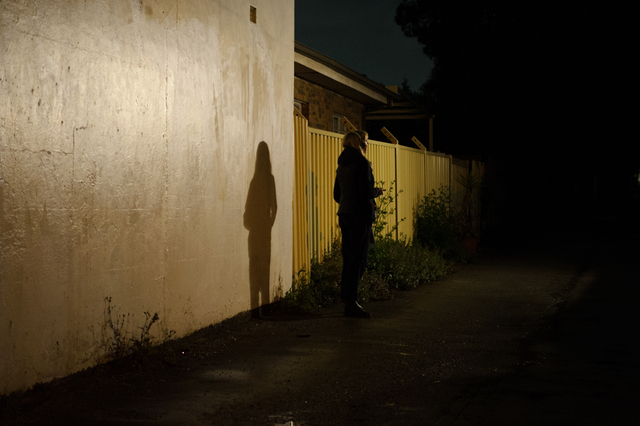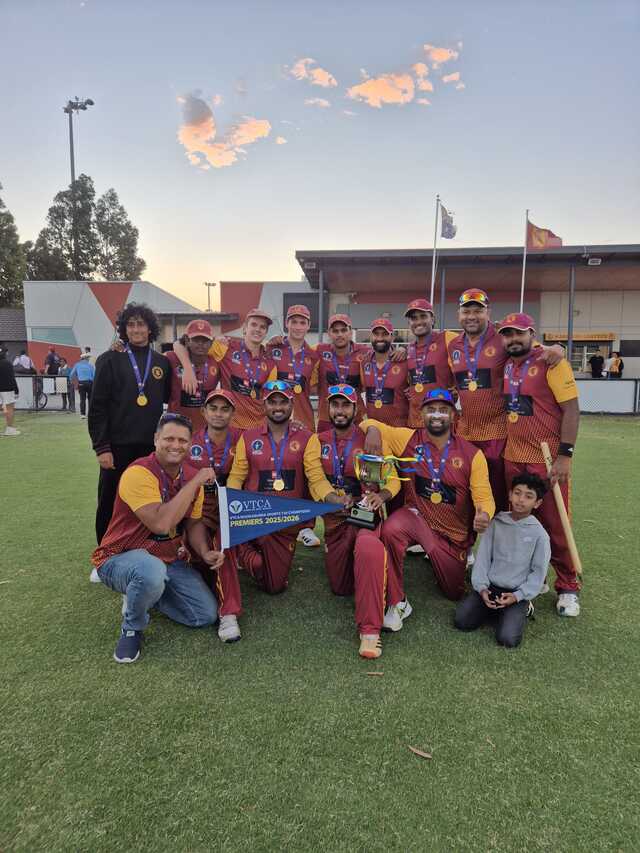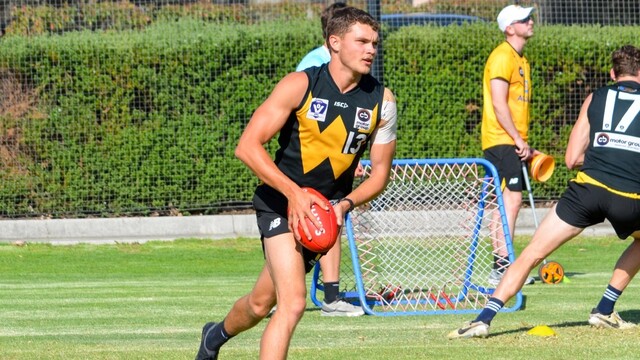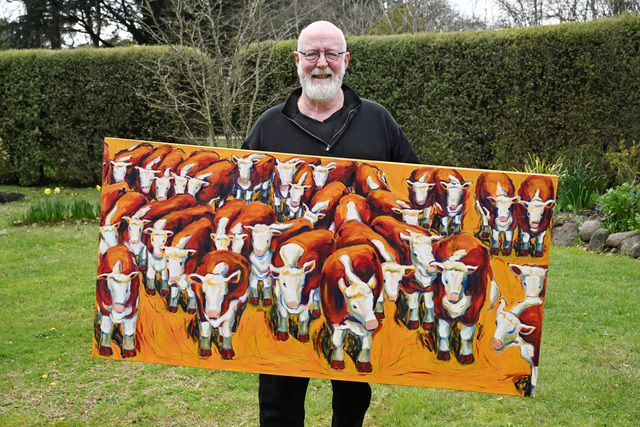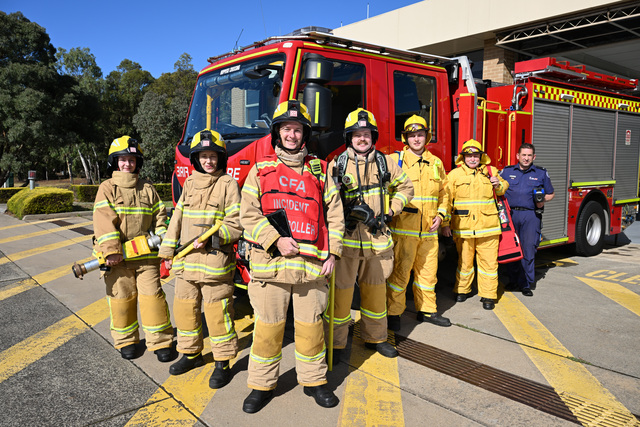Amanda Wilson will never forget the events of the day her son Nathan died in a road collision.
It was the morning of December 8, 2012, and Nathan, 23, hadn’t come home from going out the night before.
Ms Wilson tried calling his mobile and got no response.
It wasn’t until one of Nathan’s friends called in about 10am, visibly distressed, asking if Nathan had come home that panic started to set in.
Ms Wilson sprang into action, first ringing all the hospitals and then the police. It was on her second call to police that she was told that officers had been dispatched to her Werribee home.
What they told her was devastating.
Nathan and five of his friends had been on their way home after a night out in Geelong when their car was hit head-on about 1am, killing four of them, including Nathan, instantly.
The oncoming driver who caused the collision, Sarah Houlihan, had been travelling about 160km/h on the wrong side of the Princes Highway and had a blood-alcohol reading of .21.
She also died in the collision.
“It’s different to other deaths; it’s sudden and it’s so avoidable,” Ms Wilson said.
“It’s so shocking, road trauma. You’ve got no time to prepare for the tragedy. It doesn’t discriminate.”
The ripple effect of Nathan’s death was similarly devastating.
Ms Wilson’s father stopped taking much-needed medication for a lung condition, dying a short time after Nathan, and her two other children still struggle to talk openly about his death.
Nearly two years after Nathan’s death, Ms Wilson got in touch with Road Trauma Families Victoria, a not-for-profit organisation made up of parents and partners who have lost a loved one through a car accident.
The group will be hosting a grief and loss forum to be chaired by Michael Carr-Gregg and Viv McWaters at the Wyndham Civic Centre on December 1.
To book your free ticket, go to http://bit.ly/2fqIfaF

